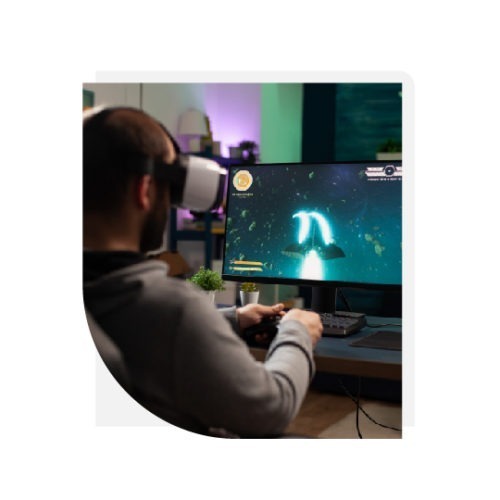How do Criminals Launder Money using Video Games?
Financial Institutions have made the KYC process more stringent using advanced technologies such as AI, ML, and AML software to streamline the AML compliance process. The online gaming industry is unregulated, and there are no stringent KYC rules which users need to follow. They quickly transfer in-game currency, and the fraudulent transactions are lost in the legit transactions.
More about in-game currencies

How are Video Games used for Money Laundering?
How to prevent money laundering in video games?
AML UAE is one of the most reliable firms that offer an array of complete information about the AML compliance services . It offers AML software selection, AML / CFT Policy Controls and Procedure documentation process, in-house AML compliance department set up, AML Training, Annual AML/ CFT Risk Assessment Report, and AML/ CFT Health Checkup. Gather more information on the company by visiting AML UAE.
Our recent blogs
side bar form
Add a comment
Share via :
About the Author
Pathik Shah
FCA, CAMS, CISA, CS, DISA (ICAI), FAFP (ICAI)
Pathik is a Chartered Accountant with more than 25 years of experience in compliance management, Anti-Money Laundering, tax consultancy, risk management, accounting, system audits, IT consultancy, and digital marketing.
He has extensive knowledge of local and international Anti-Money Laundering rules and regulations. He helps companies with end-to-end AML compliance services, from understanding the AML business-specific risk to implementing the robust AML Compliance framework.




